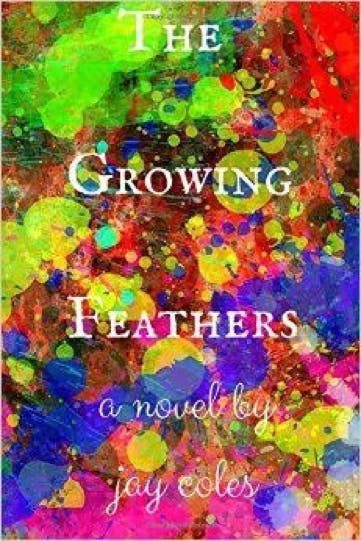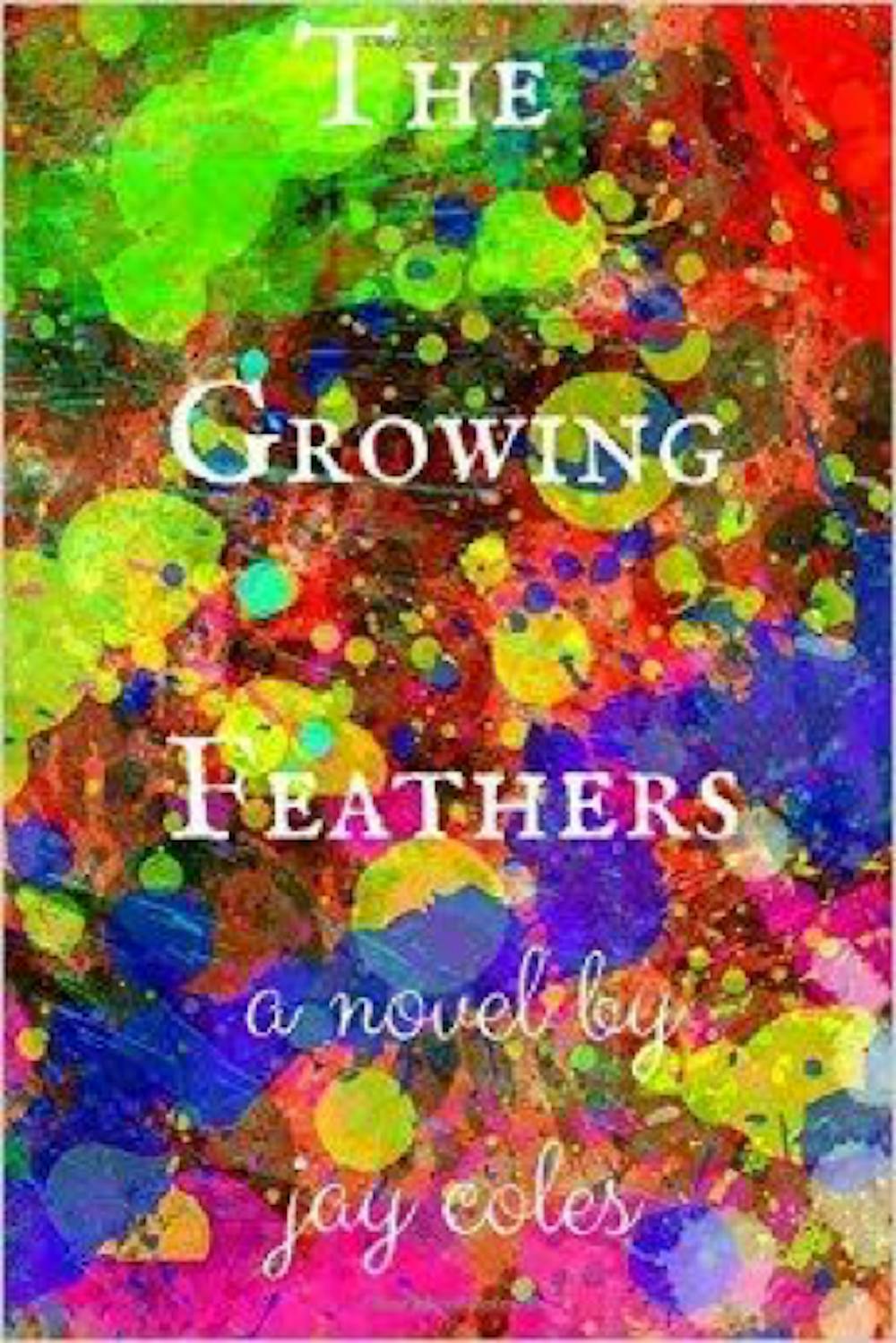Author Jay Coles lends words of wisdom to aspiring authors during National Novel Writing Month.
By Breanna Cooper
While writing a novel is something many people have on their bucket list, life, as everyone knows, can sometimes get in the way of things one has planned. However, with November being National Novel Writing Month aspiring authors are banning together to start and finish their goal of writing a novel.
It seems outlandish. Writing a novel in 30 days would require not only an extreme amount of motivation, but also an extremely balanced schedule. Nothing is impossible.

Take Jay Coles for example. At 19, Coles has already published two novels: “The Growing Feathers” and “Under the Lights,” along with a trilogy that he is working on. The first novel in the series is titled “Lionheart,” and was named Amazon’s “Book of the Month” in October. Coles is currently working on two more novels: “Queen-Sized” and “Come as You Were,” the latter set to be released in the fall of 2017.
Currently studying education and English at Ball State University, Coles plans on being “a teacher for some time—in hopes of my writing career lifting off to greater heights.” Eventually, Coles would like to learn how to write screenplays.
Despite his young age, Coles’ writing process can take some time. In terms of how long it typically takes him to finish a novel, Coles explained that “the range could honestly be from a couple months up to three years.”
Perhaps the idea of writing a novel in just one month is a bit generous. However, finding a basis for a story and working to figure out all the details can help writers finish what they start.
“The most important aspect of writing is the creative element. It’s important to put your heart in every word you write, especially in National Novel Writing Month. The best writing happens when you connect with the work on an emotional level,” Coles said.
When looking for inspiration, the most important thing one can do is read.

“As an individual, reading books and writing has made me see the world as a realm of infinite possibilities—people are boundless and words can set us free over and over again, if we let them,” Coles explained. “The way I think about it: you can either spend your life wondering what could, what should, and what will happen in your life or you can live it folded in-between the pages of a book.”
For Coles, inspiration comes from authors such as JD Salinger, Veronica Roth, and Indiana’s own John Green. While his favorite book is constantly changing, some titles on the list includes “A Clockwork Orange” and “More Happy Than Not.”
While writing, Coles does not shy away from touchy subjects. In “The Growing Feathers,” the protagonist suffers from mental illness. For Coles, this topic required dedicating time to research.
“It took me about half a year, just to get a grip on the research aspect and interviewing people who have family members with various mental illnesses,” Coles said. “For writers that wish to write about such topics, I would say tackle them hard, but be gentle with your words.”
When it comes to sitting down to work on a novel, there are several different programs which aspiring authors can use. For example, some writers use programs such as “Write or Die,” which motivates them to keep working by deleting chunks of their work if they take too long of a break. As for Coles, he prefers a more traditional mode of working.
“No programs,” Coles said. “Everything happens in my head. I have recently started using a word doc to outline more complicated twists and turns in my newer novels. With each novel, my writing process changes.”

As for time management, Coles has a system worked out to make sure he gets the most out of every day.
“I create an agenda every day. And things, strangely, work out for me,” Coles said. “I write down in my phone or on a sticky note or on my calendar all of the things I must accomplish that day and I check things off. For instance, today’s goal: write four chapters of another novel, talk with agents, edit essays, do some homework, practice a speech, have lunch and dinner, and sleep.”
That may seem like a lot of work, but, in the long run, it seems to help.
“Most—if not all the time, I find this difficult to juggle,” Coles continued, “but I make it work with a little extra determination every day.”
Over 3,000 people are participating in National Novel Writing Month, and some may find it difficult to find motivation and inspiration, but there is no need to be discouraged.
“Never stop writing,” Coles said. “Do not let anyone tell you you’re not good enough, not smart enough, not talented enough, not brave enough, or simply never enough. Send those people packing out of your life with all of their hate on their backs.”
One Month, One Novel

Heads up! This article was imported from a previous version of The Campus Citizen. If you notice any issues, please let us know.




